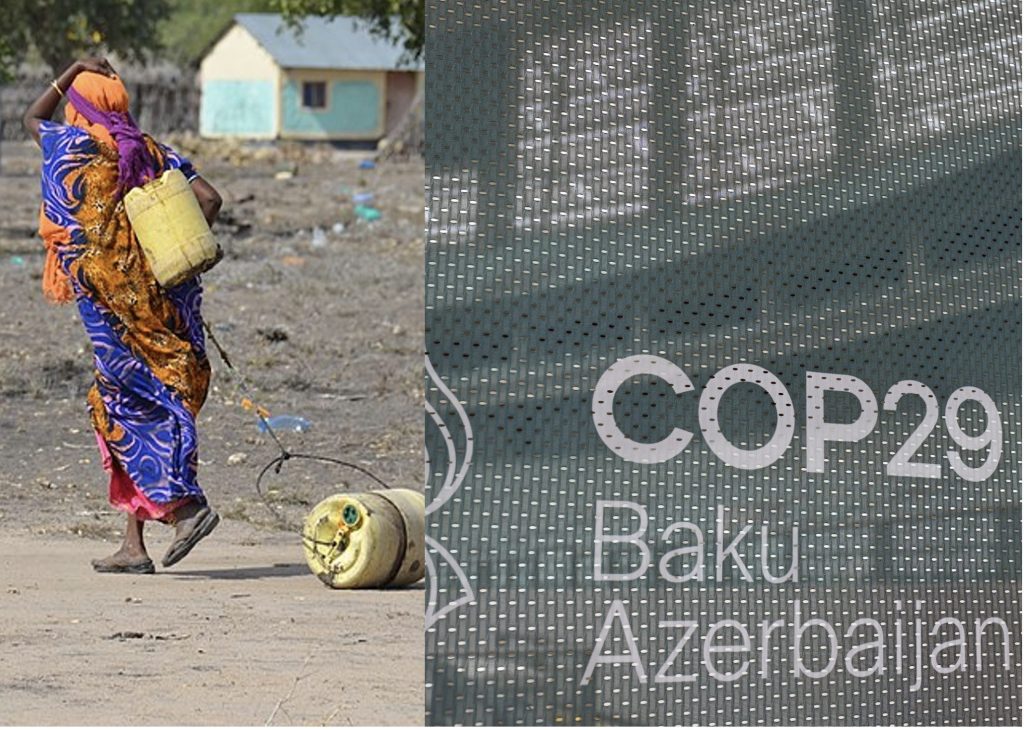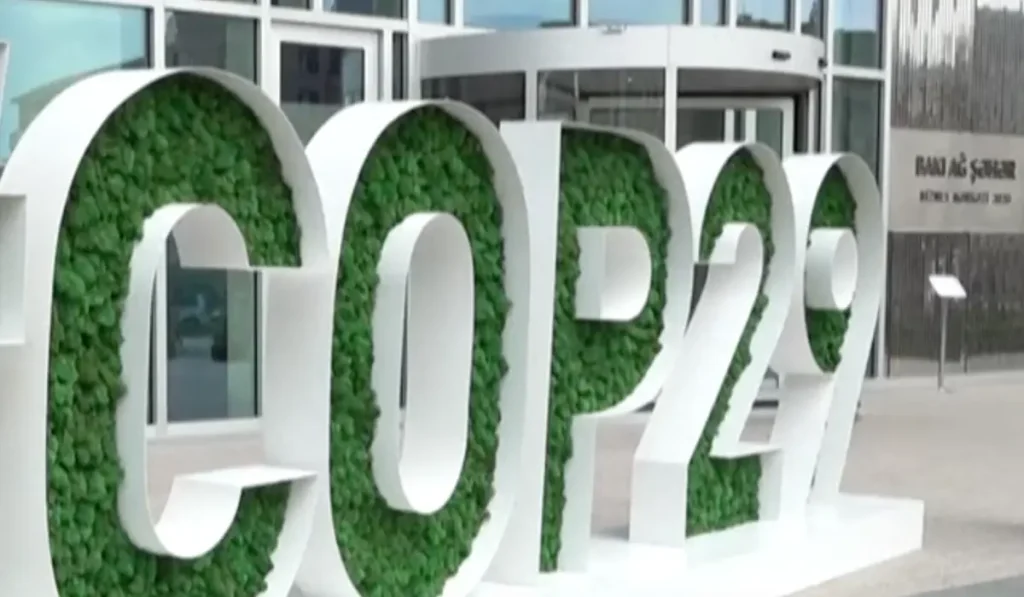One of the highlights of the recent UNFCCC Climate Change Conference (COP29), was an agreement on the rules for a global carbon market. The agreement, which follows more than a decade of work, outlines the final components that will determine how carbon markets will operate under the Paris Agreement, including the full implementation of a new carbon credit mechanism called the Paris Agreement Crediting Mechanism (Article 6.4.) and country-to-country transfer of credits, known as Internationally Transferred Mitigation Outcomes/ITMOs (Article 6.2), among other things.
One African country that will be keen to strengthen its engagement under Article 6.2 will be Uganda, whose market has been described as a frontrunner on the continent, with a portfolio of over 33 million carbon credits.
In addition to joining more than two dozen countries that have signed bilateral cooperation agreements under Article 6.2, Uganda is working on establishing country-based exchanges and marketplaces for carbon credits. It is also finalising its carbon markets guidelines and regulations, to regulate domestic carbon trading.
Alfred Okot Okidi, the Permanent Secretary at Uganda’s Water and Environment Ministry, told African Climate Wire that the agreement at COP29 on carbon markets was a welcome development and came at the appropriate time for Uganda. The country was recently named the best investment destination for attracting some of Africa’s most significant sustainability-related foreign direct investment projects at the 2024 Annual Investment Meeting (AIM).
“Uganda has in the past expressed concern about the Conference of Parties’ delayed decisions to fully operationalise Article 6 markets. One of our top priorities heading to the conference was to urge the other 196 countries that had ratified the [UNFCCC] to finalise and adopt decisions on the rules, procedures, and guidelines for Articles 6.2 and 6.4 which establish frameworks for countries to cooperate on climate goals through carbon markets,” Okidi said.
“Specifically, under Article 6.4, Uganda’s position has been that carbon offsetting activities in Least Developed Countries should be exempted from contributing the share of proceeds to the adaptation fund to attract more investment. That said, the agreement is a positive step forward though Uganda shares the other Global South countries’ discontent with the $300 billion that wealthier nations have pledged to pay out annually by 2035 to assist poor countries in mitigating the effects of climate change.” The “share of proceeds” is a percentage of a projects’ issued credits (5%) and its issuance fee (3%), which is paid over to the Adaptation Fund to finance adaptation in developing countries.
Kenneth Muhangi, a sustainability expert and World Economic Forum 4IR Committee Member and author of a recent paper titled “Article 6 of the 2015 Paris Agreement and the Carbon Market in Uganda” said the agreement was important in enabling countries like Uganda, and others in the Global South to trade carbon credits in order to meet their climate commitments under Article 6 of the Paris Accords.
“The Carbon Markets agreement means Uganda and other African nations can among other things, now voluntarily collaborate with other countries to implement their Nationally Determined Contributions (NDCs) through broader carbon markets. They can engage in bilateral exchanges of mitigation outcomes (ITMOs) to assist them achieve their NDCs.”
“For Uganda’s case, its carbon markets portfolio is likely to grow even bigger. That will mean better carbon credit possibilities and better incomes for its citizens,” he added.
The better carbon markets prospects, Muhangi alludes to may be favorable for people like Ann Tibamwendera, a 37-year-old smallholder carbon farmer in Mitooma District, western Uganda.
The mother of two embraced carbon farming, a strategy that involves changing farming practices to enhance soil and vegetation carbon storage in order to mitigate the effects of climate change, two years ago.
Earlier this year, she joined a nature-based carbon offset cooperative. She hopes to enhance not only her climate resilience but also her farm productivity.
Challenges Ahead
Some analysts believe Uganda, which established an Article 6 Taskforce in 2022 to ensure it benefits from the voluntary cooperation arrangements outlined in the Paris Agreement, will still need to develop capacity to fully implement and benefit from Article 6.
“Uganda, like many other countries in the global south, is still building that capacity, yet the transition to Article 6.4 is expected to be completed by next year. As of now, most carbon offset activities in the country are still being implemented through the often-criticised CDM,” said Simon Arapada, a researcher in urban resilience and climate change adaptation, based in Kampala.
Capacity is not the only hurdle Uganda will have to contend with. Pricing and finding fair market where it trades in a way that enables its growth and does not stifle development.
According to Muhangi, “in terms of pricing, we don’t have a unified approach-some projects cost as little as $12 for a ton of sequestrated carbon per credit, while others go up to $100. Uganda, as a vital carbon sink, needs to be more strategic in its priorities and negotiations with partners, and, more importantly, it needs to work with the East African community to ensure that as a block, they determine the price of carbon credits and look for markets. Higher carbon allowances mean higher incomes for the region’s citizens.”
Existing projects have also come under scrutiny. The Ugandan “Trees for Global Benefit project Uganda”, run by the Environmental Conservation Trust of Uganda (ECOTRUST) and Plan Vivo, has been subject to criticism for locking farmers into 25 year contracts to grow trees on their properties. Community members felt trapped by the 25-year contracts and alleged that they were not receiving the money and security they had expected, and were no longer able to farm food, compromising their food security. This is an oft repeated issue in projects on communal land, which the revised global rules are looking to address.
Whether projects are in fact benefitting the environment, also depends on whether they can prove they would not have happened without being issued carbon credits, a principle known as “additionality”. It is this principle that carbon market critics believe is not being upheld because some projects are falsely depicting the baseline scenario in a country.
Howard Mwesigwa, speaker of Uganda’s National Environment Parliament and an energy, environment, and sustainability advocate, however, believes that Uganda has done well on this aspect, because most of its projects, among other things, have included relevant information on additionality in their Project Design Documents.
What Uganda will need to register further success
Mwesigwa said while Uganda has the potential to succeed under Article 6, significant investment in institutional capacity, infrastructure, and public-private partnerships will be needed.
“These will be key to making the transition to Article 6 effective, credible, and impactful for both climate action and sustainable development. Uganda must also address critical gaps in its regulatory, technical, and institutional frameworks.”
According to Mwesigwa, establishing a clear system for project clearance, monitoring, and verification will be crucial to ensuring Uganda’s carbon credits are reliable and transparent, hence enhancing investor confidence.
For this reason, robust national frameworks are critical.
According to Muhangi, the development of such a framework will enable the country to attract climate finance and position itself further as a key player in the global market.
The country has already made headway in this respect. Denis Mugagga, the head of the Uganda Finance ministry’s Climate Finance Unit, told African Climate Wire that Uganda was finalizing its Carbon Markets guidelines and regulations. “It is our means of attaining our emission reduction target, which is to reduce greenhouse gas emissions by 24.7% by 2030. The Carbon Markets Guidelines and Regulations are in keeping with Uganda’s Nationally Determined Contributions (NDCs), the National Climate Change Act 2021, and the Sustainable Development Goals (SDGs) goals.”





